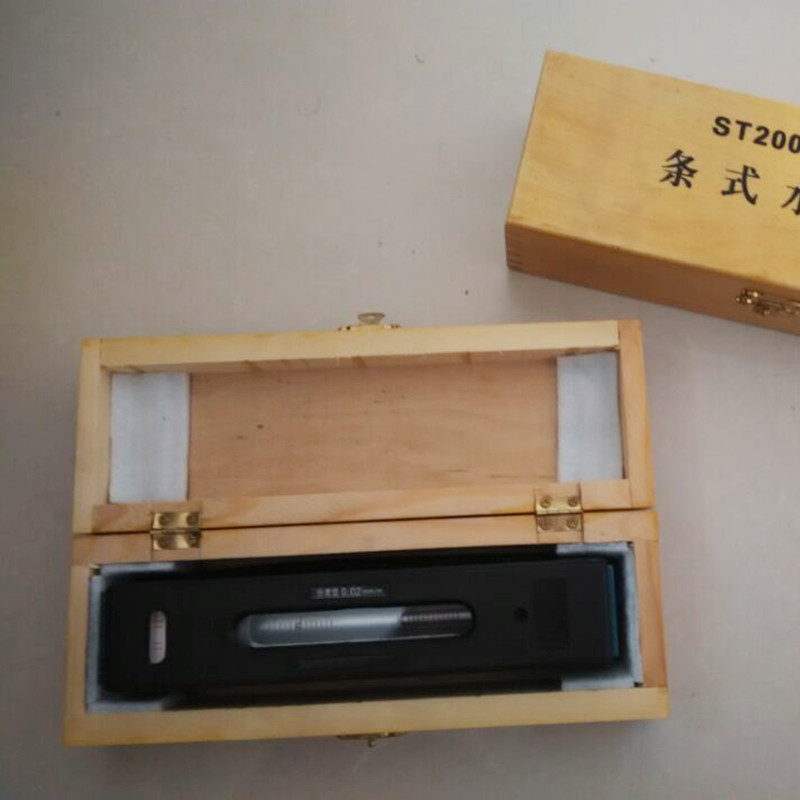নভে. . 05, 2024 08:58 Back to list
water line valve
Understanding Water Line Valves Key Components of Fluid Control
Water line valves are essential components in plumbing and hydraulic systems, playing a critical role in the management of water flow. They act as the gatekeepers of the water supply, allowing for the regulation, control, and shutdown of water lines in residential, commercial, and industrial applications. Understanding these valves, their types, and their functions is vital for anyone involved in plumbing or water management.
Types of Water Line Valves
There are several types of water line valves, each designed for specific applications and functions. The most common types include
1. Gate Valves Often used for on/off control, gate valves allow for the full flow of water when fully opened. They are not ideal for throttling services as they can cause turbulence and wear.
2. Ball Valves These valves provide excellent flow control and can be operated with a simple quarter turn. They are durable, offer low resistance to flow, and are effective for both high and low-pressure applications.
3. Check Valves These are automatic valves that prevent backflow in a system. They ensure that water flows in one direction and are crucial for protecting pumps and other equipment from potential damage caused by reversed flow.
4. Globe Valves Known for their throttling capabilities, globe valves offer adjustable flow control. While they can restrict flow when partially closed, this design makes them suitable for applications that require precise flow regulation.
5. Butterfly Valves These valves are known for their compact design and rapid operation. They use a rotating disc to regulate flow and are commonly used in large water distribution systems.
water line valve

Importance of Water Line Valves
Water line valves are critical for several reasons
- Flow Control They give users control over water delivery, allowing for efficient use of water resources. This is particularly important in irrigation systems and industrial processes.
- Safety Proper valve operation helps prevent flooding and water damage by enabling quick shutoff in emergencies.
- Maintenance Valves simplify the maintenance of water systems by allowing sections of the pipeline to be isolated without disrupting the entire system.
- Energy Efficiency By regulating flow and pressure, water line valves contribute to energy savings, especially in larger mechanical systems where water movement costs can be significant.
Maintenance and Selection
Selecting the right valve is crucial for achieving optimal performance in any water system. Factors like water pressure, temperature, and the type of fluid being transported should be considered during selection. Regular maintenance checks are essential to ensure valves operate correctly without leaks or corrosion. Maintenance tasks may include inspecting for signs of wear, cleaning, and replacing seals or worn components.
In conclusion, water line valves are indispensable in managing water systems efficiently and safely. By understanding their types and functionalities, users can make informed decisions that will enhance performance, longevity, and reliability in their plumbing or industrial processes. With proper maintenance, these valves can offer years of dependable service, making them a vital component in any fluid management strategy.
-
Why the Right Angle Ruler Reigns in MetalworkingNewsJul.21,2025
-
The Enduring Allure of Granite Boxes in Modern InteriorsNewsJul.21,2025
-
The Digital Gauging Revolution: Reshaping Thread Rings Inspection's FutureNewsJul.21,2025
-
How Modern Inspection Platforms Transcend Surface MeasurementNewsJul.21,2025
-
How Customization Drives Wholesale Success in Parallel RulersNewsJul.21,2025
-
Fortifying Permanent Steel Ground Anchors Against Corrosion's OnslaughtNewsJul.21,2025
Related PRODUCTS









